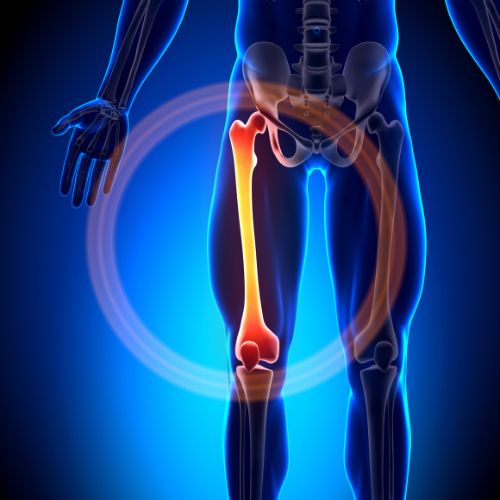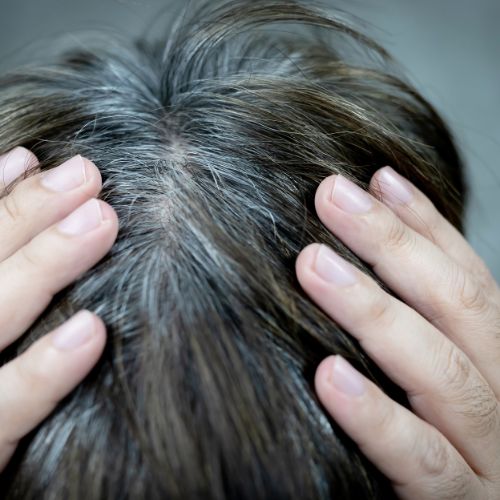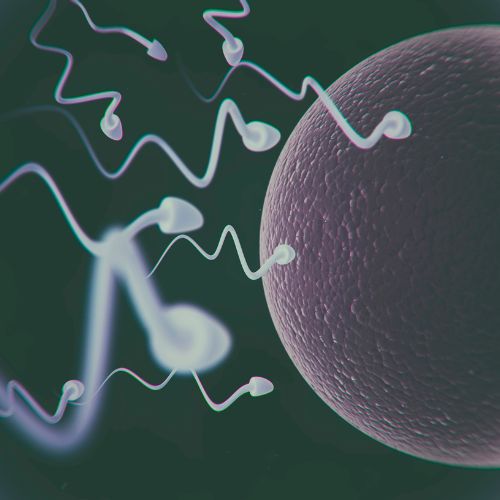Testosterone is a hormone that is often associated with masculinity, but it actually plays a critical role in both male and female bodies. Testosterone impacts various aspects of our health and well-being, including bone density, muscle mass, and even mood.
While it is widely known that testosterone is necessary for male development and physical performance, the hormone’s impact on females is less commonly understood. In this article, we’ll explore the many ways in which testosterone impacts our bodies, from our reproductive systems to our mental health.
What is Testosterone?
Testosterone is a hormone that is primarily produced in the testicles in males and ovaries in females, although it is also produced in smaller amounts by the adrenal glands.
It is a crucial hormone for the development of male reproductive tissues and secondary sexual characteristics, such as increased muscle mass and bone density, and the growth of body hair.
Testosterone is also important for maintaining bone and muscle health, regulating sex drive, and contributing to overall well-being. In females, testosterone plays a key role in maintaining bone and muscle health, regulating sex drive, and contributing to overall well-being.
The Role of Testosterone in body function
This effect of testosterone is tied to its anabolic capabilities. The way testosterone helps with muscle development is through the promotion of protein synthesis in our bodies, giving your muscles more “building blocks” to grow. It also impacts our overall strength, so it’s very useful to have high testosterone levels if you are exercising regularly. It’s worth noting that even if you have high testosterone levels, muscles are not going to grow by themselves — they need exercise too. It combines very well with resistance training which is also known to raise T levels.

We once considered fat cells to be nothing more than dormant storage spaces our body uses when it’s energy deficient. Unfortunately, this isn’t true, as fat tissue acts like any other organ and sends signals impacting how our body functions. The biggest issue with fat is that it produces an enzyme called aromatase which triggers the conversion of testosterone to estrogen. Testosterone has a role to play in fat distribution, and if T levels drop, we are more likely to develop fat around the abdominal area.
Bone density
Both androgens and estrogens have a part to play in the preservation and maintenance of bone health. Throughout the process of bone remodeling, our bodies use three types of cells to rebuild our bone tissue as it breaks down. Androgen hormones and testosterone included, activate receptors in these cells contributing to bone remodeling. Osteoporosis is a condition where bone remodeling doesn’t keep up with bone deterioration which leads to brittle bones, and low testosterone levels can contribute to the development of this illness.

Circulation
Although the effects of testosterone on the cardiovascular system are a bit of a controversy at the moment, there are proven positive effects of testosterone on this system. Testosterone causes vasodilation, a process that causes the relaxing of the muscular walls in our blood vessels lowering blood pressure and allowing the heart to pump blood with more ease. There are other benefits, too, like its impact on the production of red blood cells in the bone marrow. It potentially also has positive effects on cholesterol and clot-busting. Still, we’ve also seen reports of negative effects causing issues with cardiovascular health, so we’re still far off from the results being conclusive, and this is the case only with high testosterone levels.
Skin health
Testosterone plays a big role in skin health. There are testosterone creams and pills on the market designed to improve skin health by impacting skin tightness, elasticity, thickness, and its ability to produce muscles. Still, high testosterone levels can also cause skin issues like acne, overly greasy skin, and so on. Like with all hormones, finding the right balance is crucial.
Hair Growth
Testosterone has many forms, but the one that is relevant to us here (but also for skin health) is DHT (Dihydrotestosterone), a form of testosterone that impacts skin and hair significantly. DHT usually has a positive effect on body hair and beard and is the source of that “high testosterone equals more hairy men” thing. It’s also responsible for the myth that people with high testosterone grow bald, and although there is a connection here, it’s not as direct as all that. DHT can cause baldness BUT only in men who have a genetic sensitivity to DHT. Researchers figured this out when they noticed that some men with high DHT don’t grow bald while others do.

The central nervous system
Our body can manipulate and control testosterone through hormones and chemicals. In turn, testosterone can have an impact on our mood, contributing to aggression and dominance. Its role is to regulate self-esteem and give us that competitive spark. Low testosterone, in turn, can cause a lack of motivation, confidence issues, sadness, lack of energy, and so on. Overly elevated T levels are said to cause aggressive behavior accompanied by a lack of control, but this hasn’t been confirmed yet, and even if it were to be true, we already know that elevated testosterone levels are bad for our bodies.
The reproductive system
Testosterone is responsible for the development of male genitals within the first seven weeks of conception. During puberty, it helps the penis and the testicles grow, which helps our body produce more testosterone and also produce fresh sperm each day.
For women, testosterone is responsible for the repair of their reproductive system, which is very important, considering it naturally gets damaged every month. On top of that, testosterone is converted into oestradiol in the female body, which is the primary sex hormone for females.

Sexual Desire
Not being sexually active may lower your testosterone, and low testosterone leads to erectile dysfunction. Being sexually aroused raises your testosterone levels and contributes to the overall well-being of a man.
What are normal testosterone levels?
There are two factors we need to consider when assessing optimal testosterone levels: gender and age.
Men
|
Age |
Testosterone Range |
|
1 to 5 |
Under 12 ng/dL |
|
6 to 10 |
Under 25 ng/dL |
|
11 to 15 |
Under 830 ng/dL |
|
16 to 17 |
102 to 1010 ng/dL |
|
18 or above |
193 to 824 ng/dL |
Keep in mind that men can experience testosterone levels that are higher than they should be. That’s why we have the upper values on the chart above. High testosterone can lead to irritability, a stop in sperm production, shrunken testicles, worsened sleep apnea, and skin problems.
Excess testosterone over prolonged periods can cause even worse health issues related to cholesterol, cardiovascular issues, and infertility. In most cases, high testosterone levels are a consequence of either the use of synthetic steroids or a tumor of the testicles or the adrenal gland.
The exception would be men who have naturally raised testosterone levels as a genetic predisposition, due to which they should be subverted to regular testing and should seek ways to reduce the risks this condition brings to the table.
Women
|
Age |
Testosterone Range |
|
Less than 1 |
Under 21 ng/dL |
|
1 to 5 |
Under 12 ng/dL |
|
6 to 10 |
Under 25 ng/dL |
|
11 to 17 |
Under 79 ng/dL |
|
18 or above |
Under 40 ng/dL |
As you might have noticed the ng/dL is always under a specific value for women. This is because if this value goes over the proposed number, doctors may consider that the female patient is producing excess testosterone. Overly high levels of testosterone in females can cause frontal balding, deepening of the voice, acne breakouts, and muscle growth and warrant a visit to your doctor.
Conclusion
Testosterone may be widely associated with masculinity, but the hormone plays a crucial role in both male and female bodies. Understanding how testosterone impacts our bodies is key to maintaining our health and well-being. Whether you’re a man looking to build muscle mass or a woman experiencing mood swings, it’s important to understand the role that testosterone plays in your overall health. By exploring the many ways in which testosterone impacts our bodies, we can gain a deeper understanding of our physical and emotional needs, and take steps to support our well-being.



